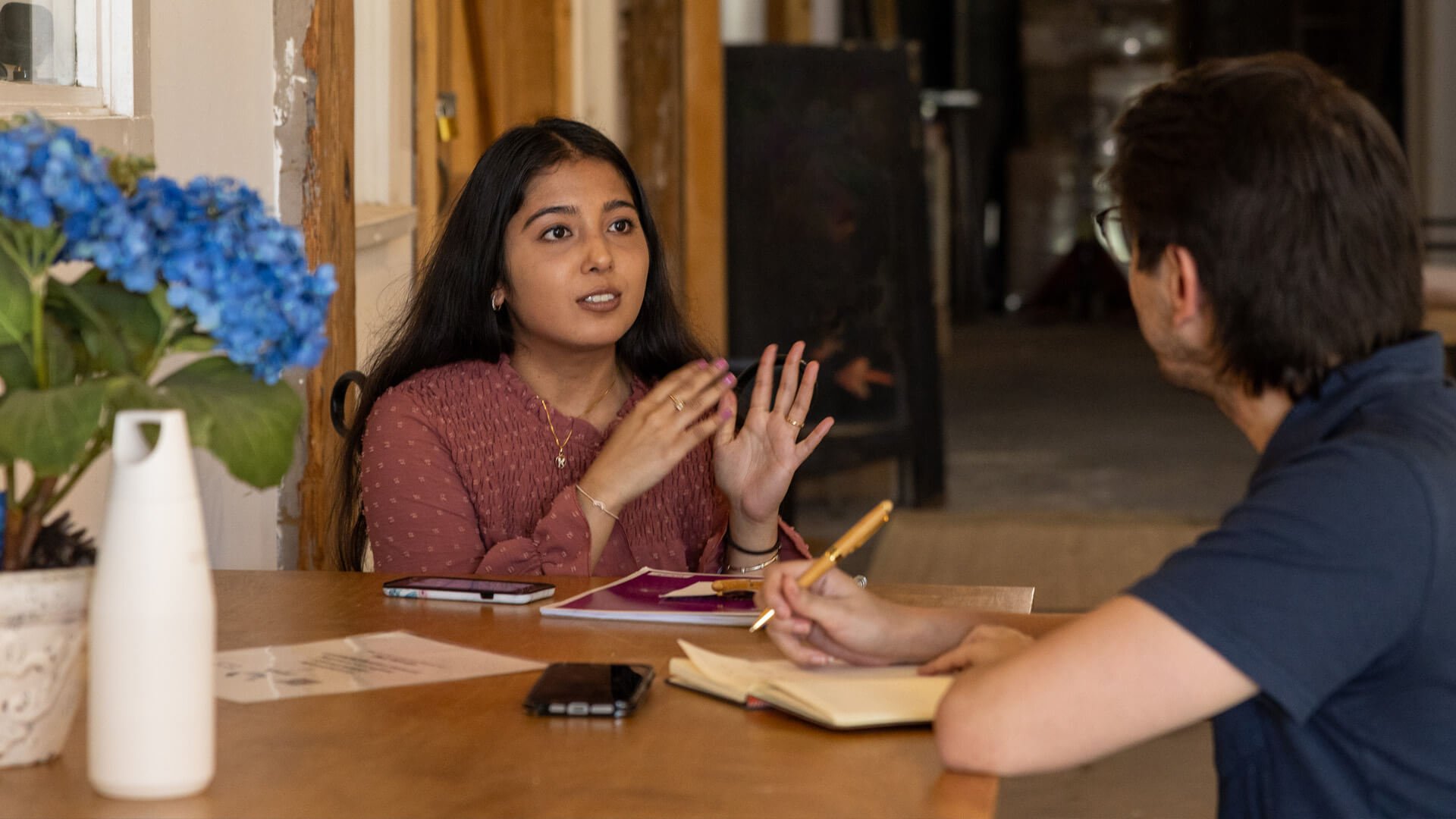How Strong Teams Challenge Ideas, Not People
Here’s something I’ve come to deeply believe: 95% of people are good 95% of the time. That doesn't mean they're perfect or always right — but they are inherently good. Well-intentioned. Doing their best to make sense of the world. Trying, in their own way, to do what they believe is right.
And yet, there are a lot of really bad ideas out there. (Looking at you, postmodernism.)
Unfortunately, some of these bad ideas find their way into our companies. They stall progress, create confusion, and break trust. Sometimes they come disguised as best practices. Other times they’re confused with kindness, consensus, or culture.
As founders and leaders, it’s our responsibility to spot these ideas when they show up, question them, and separate them from the people who hold them. Because here’s the truth: You can attack an idea without attacking a person. In fact, it’s essential if you want to build a company that lasts.
In this piece, I’ll share how your teams can learn to challenge bad ideas without breaking trust so you can protect your culture, lead with clarity, and create a company where the best ideas win.
Separate the Idea from the Individual
Let’s start with a core mistake many founders make: confusing disagreement with betrayal.
Most of us fall into this trap at some point. Someone on the team pushes an idea that feels flawed, short-sighted, or maybe even a little reckless. Instead of asking questions and digging deeper, we get irritated. We respond too sharply or disengage altogether.
It’s easy to forget that an idea isn’t the same as the person who holds it.
Once you start judging people, you lose the moral high ground. What should have been a healthy debate turns into something personal. And when that happens, collaboration suffers and progress slows.
Great founders learn to stay focused on the idea. They’re clear, direct, and deliberate. They explain what’s not working, why it matters, and what consequences might follow if nothing changes. They offer context and clarity, not criticism.
If you want to build a culture where people can disagree openly and bring their best thinking forward (without fear their character will be attacked), you have to separate the idea from the person. And, you have to teach your team to do the same.
Seek Empathy Without Losing Clarity
Most bad ideas aren’t malicious. They’re born out of context — from our different life experiences, incentives, habits, goals, or just plain fears.
Take a well-meaning team member who insists on getting consensus before any decision is made. That idea might be slowing you down. But where does it come from? Maybe in a past role they witnessed top-down decisions destroy morale. Maybe they’re trying to protect people. Or maybe they’re just afraid of being blamed.
Understanding that context helps us build empathy so we can see where the other person is coming from. But remember, empathy doesn’t mean letting bad ideas live inside your organization. We also need clarity to help us see where their idea might lead. Both are essential to respond thoughtfully and keep things moving forward.
That’s why it’s critical to have a shared operating system for surfacing and challenging ideas. In Ninety, for example, we use the Issues tool to capture real-time concerns. Then we raise, discuss, and resolve the issues together in our Weekly Team Meetings. That shared structure brings clarity to complex conversations and makes it easier to question ideas without making it personal.
When you lead with empathy and follow with clarity, you create the conditions for honest, constructive disagreement — the kind that helps you and your team get smart stuff done.
Build Systems Where the Best Ideas Win
In most companies, the loudest voice or the most senior title still wins too often. But it doesn’t have to be that way.
Great cultures don’t moralize disagreement. And they don’t reward ideas based on who said them or how diplomatically they were delivered. They reward good thinking and ideas that hold up under pressure.
But that kind of culture doesn’t happen by accident. It takes systems — shared ways of surfacing and debating issues, aligning on goals, and evaluating progress and performance. Systems that encourage asking questions, reward substance, and create the conditions for thoughtful disagreement. That’s what it means to adopt a shared operating system.
A strong business operating system used company-wide makes it safe to say, “I see it differently, and here’s why.” It gives teams the structure they need to challenge each other productively, without making things personal.
And don't underestimate the power of asking a simple question consistently. Making a habit of asking questions like “What assumptions are we not questioning?” or “What’s the strongest counterpoint to this idea?” shows your team that disagreement isn’t just allowed, it’s encouraged. Over time, everyone understands we’re here to challenge ideas, not defend egos.

Robust disagreement is the best way to test ideas and produce great outcomes.

Mark Cummins
Co-Founder of Pointy
Challenge Ideas, Not People
The truth is, most people don’t avoid hard conversations because they lack courage. They avoid them because they’ve rarely seen them done well. They’ve seen feedback weaponized, honesty punished, strong opinions treated like character flaws.
Your job as a founder is to model a better way. Be kind, be clear, and above all, be anchored in your purpose. Protect your company from ideas that don’t serve it, even when those ideas come from people you like.
When you sense an idea is bad, attack it. Dissect it. Challenge it. Pressure test it. But leave the person intact.
Because in the end, we’re all just trying to make sense of the world. And the companies that endure are built by people who know how to disagree without diminishing each other.





.jpg?width=500&name=large_Generic_Blog_Header1_1920_x_1080%20(1).jpg)